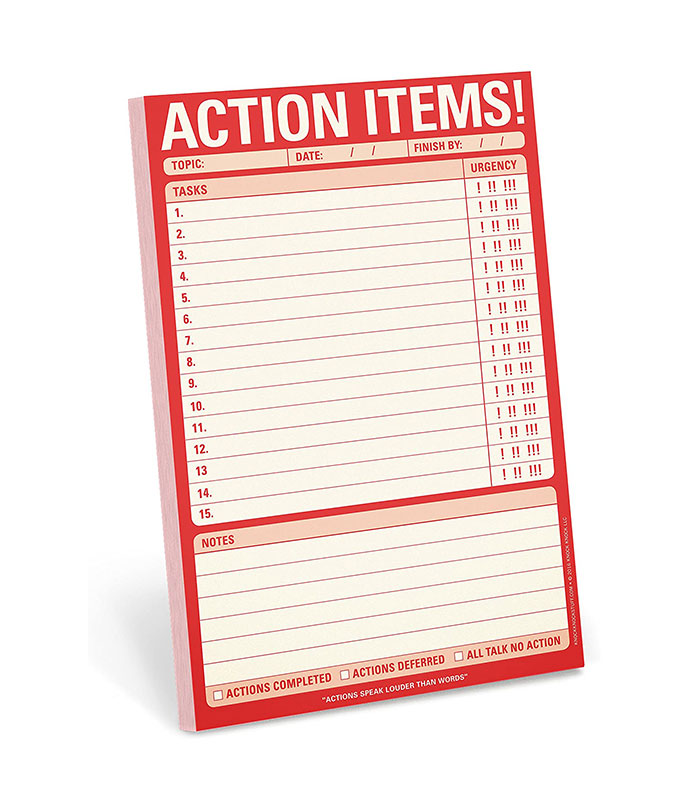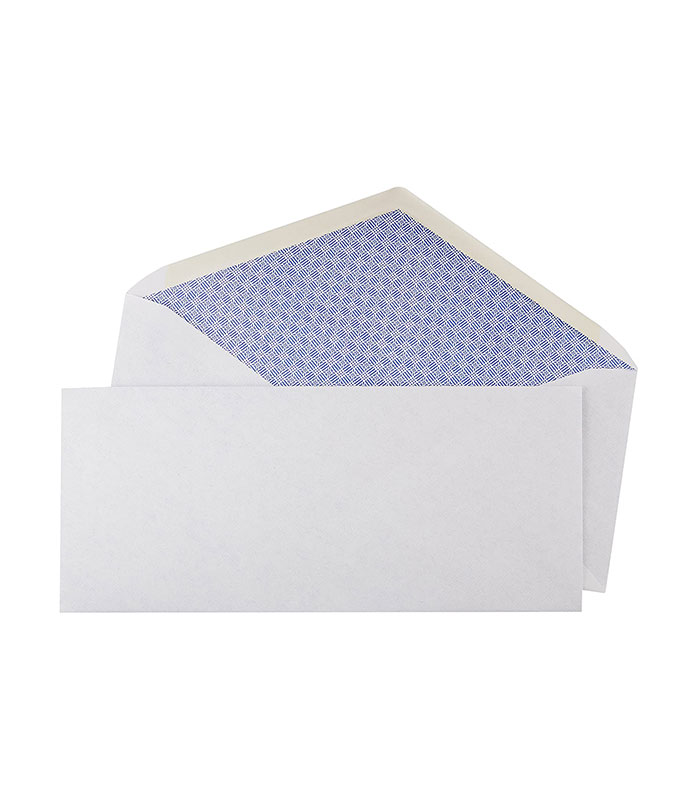8 Simple Ways You Can Get Involved in Your Community, According to an Activist

I don't know about you, but in recent years, I've gotten the urge to be more present in my community. Sure, I was literally present where I lived, meaning I was alive and residing in the neighborhood. But I mean more like trying to figure out what I could bring to the table in terms of my time, finances, skills, etc. I wanted to look for ways to be more active and feel like I was actually doing my part. The urge wasn't all centered on my political beliefs, but it was more about service and how I can show up for others. In the most woo-woo way, how could I be a better citizen of my community, city, state, country, Earth?
But of course, for me and maybe for a couple of others out there, there was always an excuse, right? I was too busy at work to take on a big time commitment. I didn't know where to start or which organizations to join, and it felt too overwhelming to really figure that out. I was intimidated by joining a new group, even though I consider myself quite the extrovert. The excuses went on and on.

Then almost a year ago, I moved back to my hometown of Los Angeles after 12 years in New York City. So I was in a new yet familiar environment, starting a brand-new job, moving back in with my mom before finding my own apartment… basically a lot of life changes to get used to. I didn't really have the mind space or the time to actively seek out ways to get involved.
I'm still searching for the best way to get started, and now I feel more settled to be able to devote time and effort to it. And especially with what's happening right now in the world, the need to help or do something feels even more urgent. When times are uncertain, people often focus on the things that they can control. One thing I can control? My ability to make myself useful.
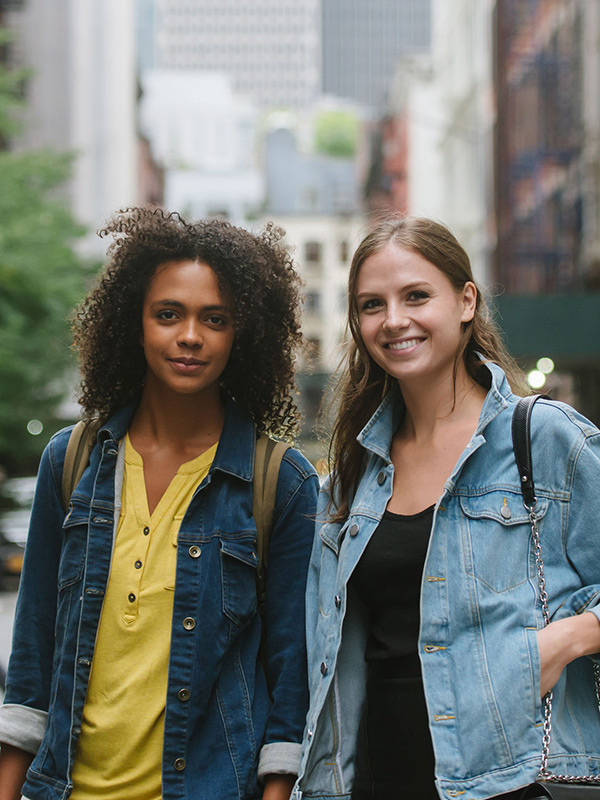
So in the spirit of our theme of helping others this month, I wanted to find out exactly how I can get started—with the hopes that what I learned might be useful to you, too, if you've been feeling similar lately. I reached out to Jalakoi Solomon, the deputy national organizing director of Supermajority, a community of female activists and leaders who are mobilizing and fighting for gender equality, for some advice. Read below for some of her tips.
Find an Issue You Care About
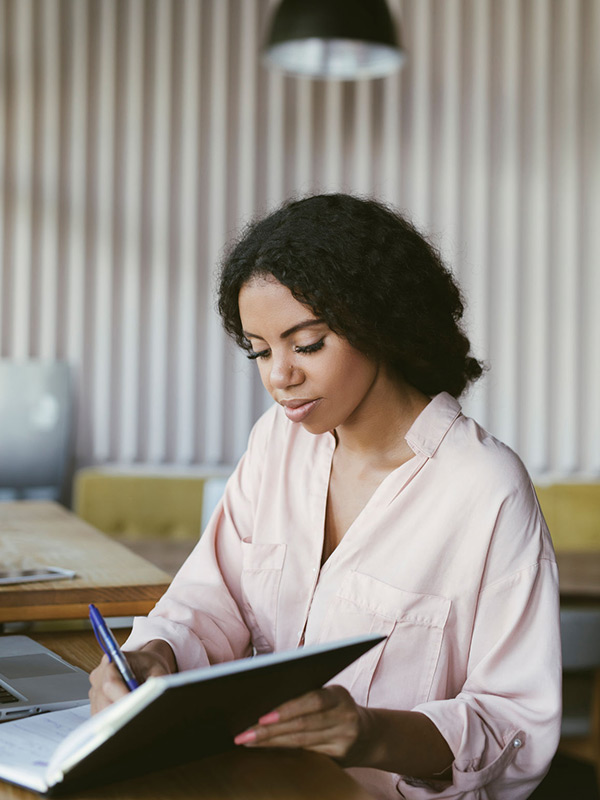
Obviously this is the first step, but it's not the easiest; that's for sure. There are a lot of things to think about, consider, and explore. Solomon says that sometimes it can feel scary to take the first step, but finding an issue or cause that motivates will help a lot. And you might find that you already have some passions. "Looking back now with more understanding about how organizing happens, I realize that I was actually organizing way before!" Solomon says. "I didn't realize it at the time, but in 2007 and 2008, when then-candidate Barack Obama was running for office, I was so excited to see someone that looked like me and gave me so much hope that I organized my whole dorm floor to go to his next rally in town, and I made sure everyone in my family was registered to vote and had a plan to get their ballot in!"
The Level Doesn't Matter
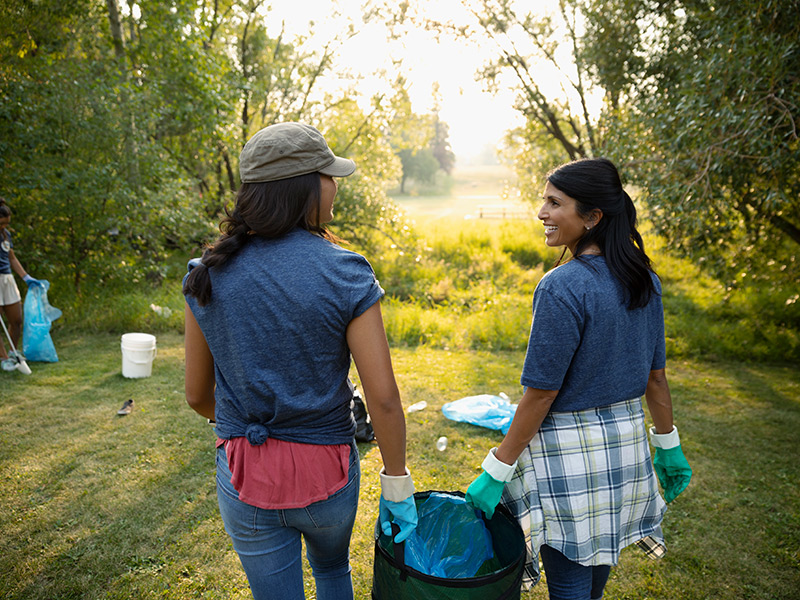
You don't have to participate on a grand scale to make a difference. Start in your own backyard, so to speak. "There are a ton of different ways to get involved in your community, and women often don't realize that they are already making a huge impact locally," Solomon explains. "Whether as a member of the PTA, serving as a volunteer at your church, working at the community center, or attending your local government meetings, you are already serving your community."
Use the Power of Social Media
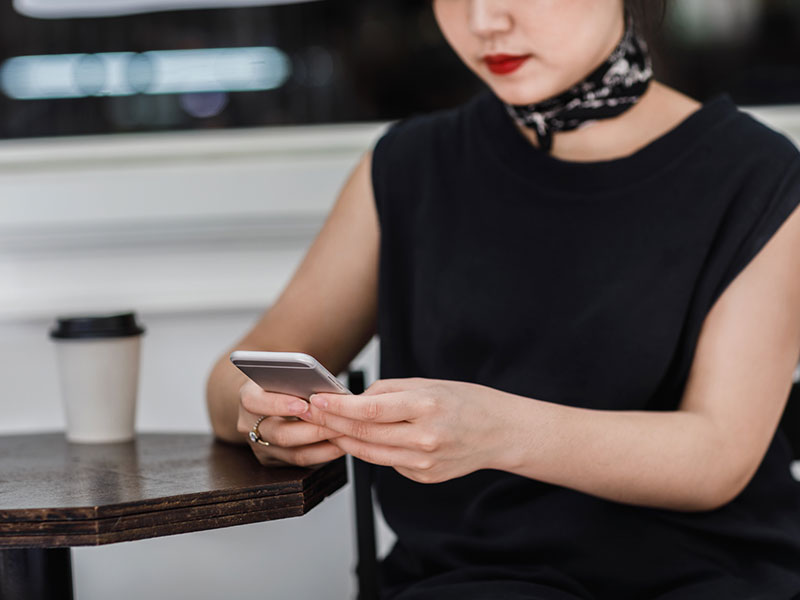
Sure, social media and technology definitely have their cons, but one thing that's a big pro is their ability to connect us with the wider world. We can do so much through our phones now. And it's become especially helpful as we spend more of our days at home following social-distancing guidelines.
"In the time of COVID-19, things have moved online, and with social media it's now easier than ever to take action right from your couch!" Solomon suggests. "You can share voting information on Twitter, text your friend a link to your state's voter registration page, and even write and send letters to voters across the country with organizations like Vote Forward."

Solomon says social media can also be used to discover causes or interests and find out how to get started. "On Facebook, for example, you can search for groups with specific issues and find like-minded people to take action with," she explains. "On Twitter, you can find and follow organizations to stay up-to-date on when they have upcoming events for you to plug in to. You can even start by just searching 'how to take action on [issue]' into Google!"
Sign Up for Email Lists
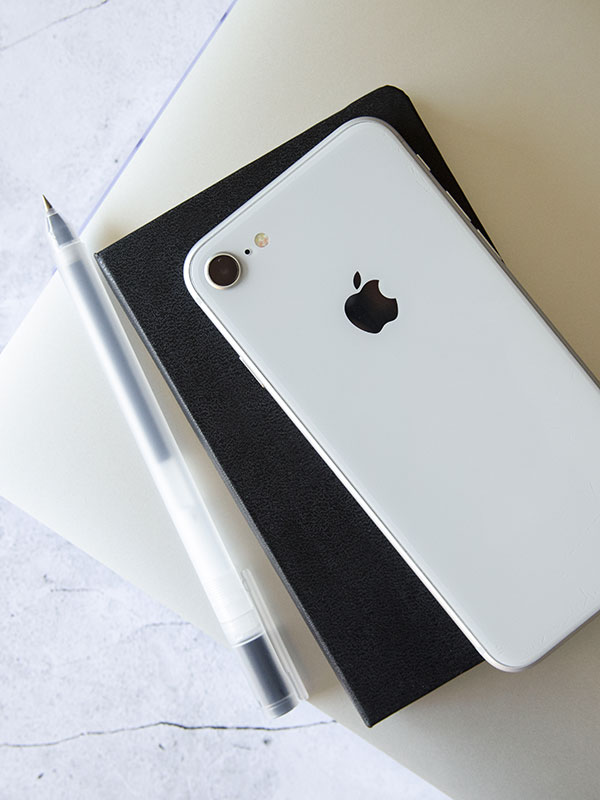
This might be one of those times when you won't mind getting "spammed" with emails, because at least, it's something you care about or want to learn more about. "You can sign up to join the email list of a few different organizations that you're interested in to keep up to date on their work and to see what might interest you to jump into," Solomon says. "If you are interested in learning more about Supermajority and how you can get involved in the largest woman-to-woman voter engagement program, you can become a member on our website."
Realize You Don't Have to Be an Expert
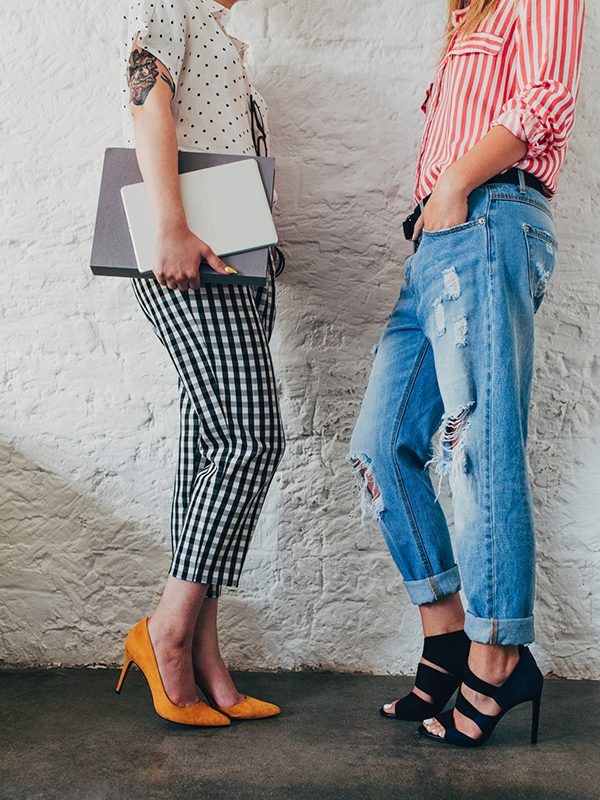
"I think the number one misconception is that you have to be an 'expert' or know every single policy position to make a difference or to get involved," Solomon says. "We especially see that sentiment more among women, and it's just not true. One of the most important skills of being a good organizer is the ability to tell your story. And what's great about that is that everyone has one! When you share your experiences and perspectives, you can move others to see things from your point of view, and you can help to create the change you want to see in your community."
It Doesn't Have to Take Up a Lot of Time, Either
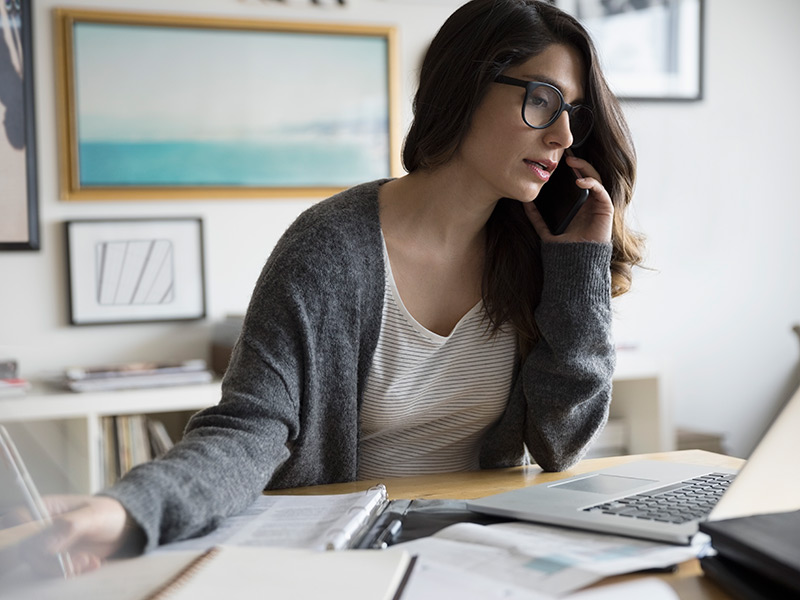
I used to think I would have to volunteer many hours a week to a cause, which is what made me wary of taking something on. The last thing I wanted to do was flake out on something because I was busy at work or had other time commitments. But Solomon says even just a few minutes can make a difference.
"Whether you have five minutes, two hours, or more to give a week, you can make a huge difference on the issues you care about," she explains. For example, she says if your cause is urging others to vote, you can do something as simple as having a conversation with a family member or friend. So you can make an impact by texting five friends and making sure that they're registered.

"If you've got a little more time, sign up to phonebank or textbank with organizations like Supermajority to reach out to women across the country to engage them on the issues and make sure they have the information they need to vote in every election," Solomon adds.
Think About Your Family and Friends
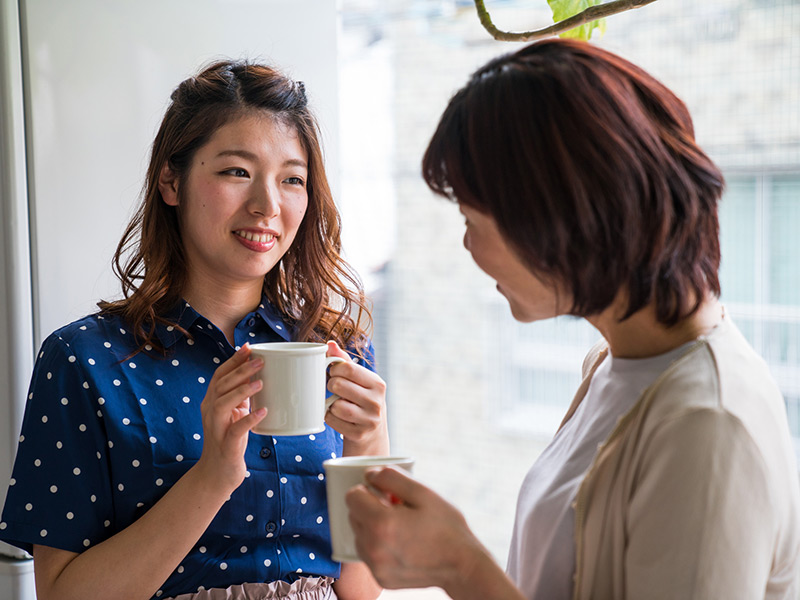
This will help you find some motivation to get involved. It makes things feel more real, in a way. "I think about the saying, 'All politics is personal,'" Solomon says. "Politics affects every single aspect of our lives, and when I need a little inspiration, I think about how politics has affected my family and friends."
Know That You Aren't Alone

If you read this whole article and thought, "That's exactly what I've been thinking," well then we're in the same boat, and there are probably a lot of others like us out there.
"We often hear that it's not that someone doesn't want to get involved but more that they don't feel like they know enough or don't feel prepared," Solomon says. "If you feel that way, know that you aren't alone and that you totally have everything you already need to get started! Find a group that shares your values, sign up to learn more, and take your first action. Once you do that, you'll see that it's super easy to get involved, and you can find the best fit for you."
Next up: Cecile Richards Tells Us How to Be More Confident and Find Our Voice
Disclaimer
This article is provided for informational purposes only and is not intended to be used in the place of advice of your physician or other medical professionals. You should always consult with your doctor or healthcare provider first with any health-related questions.
Sarah is lifestyle writer and editor with over 10 years of experience covering health and wellness, interior design, food, beauty, and tech. Born and raised in Los Angeles, she attended New York University and lived in New York for 12 years before returning to L.A. in 2019. In addition to her work at Who What Wear, she held editor roles at Apartment Therapy, Real Simple, House Beautiful, Elle Decor, and The Bump (sister site of The Knot). She has a passion for health and wellness, but she especially loves writing about mental health. Her self-care routine consists of five things: a good workout, “me” time on the regular, an intriguing book/podcast/playlist to unwind after a long day, naps, and decorating her home.
